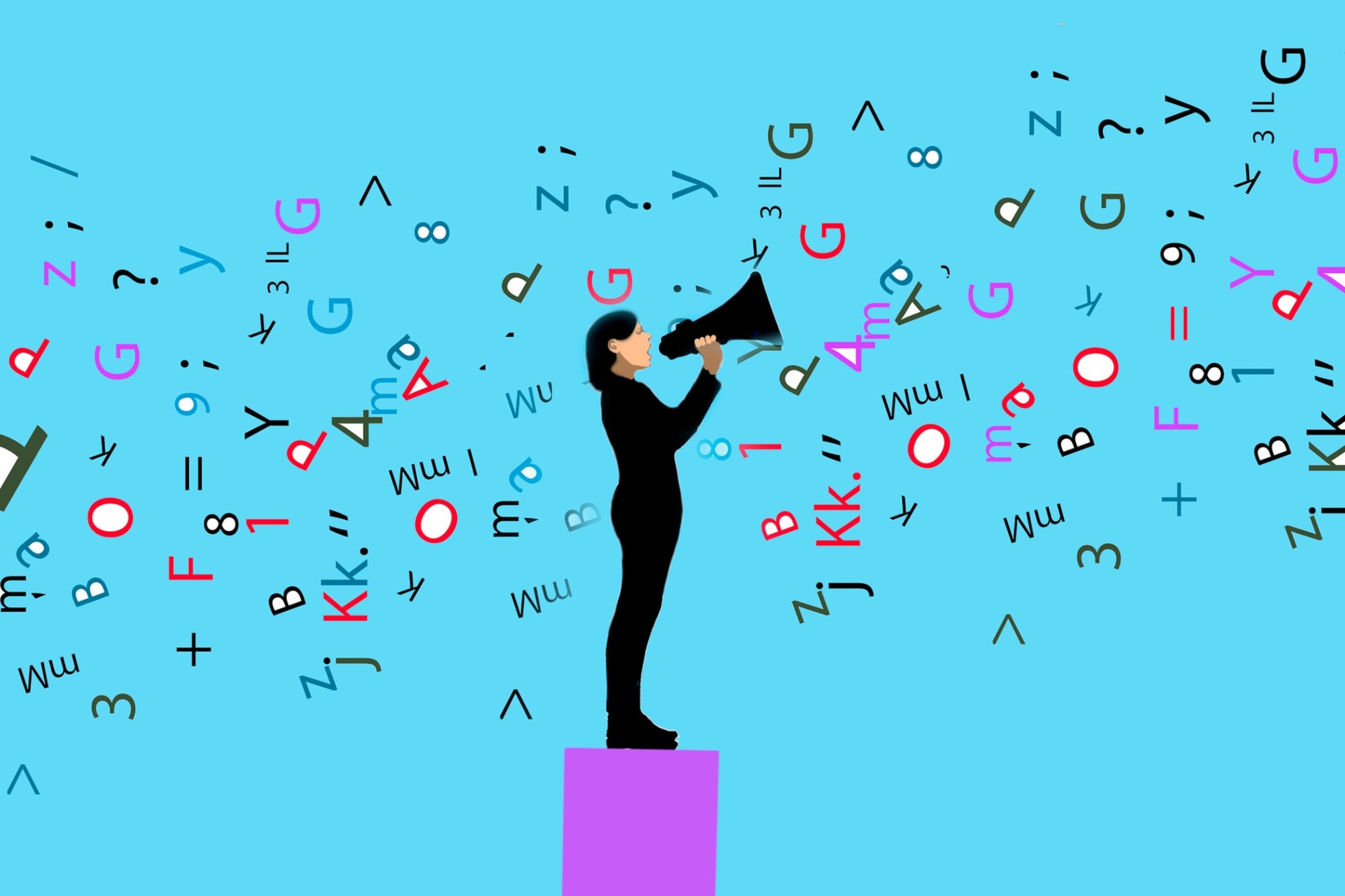How to Control Your Body Language Before Everyone Else Figures It Out When individuals begin paying attention to their nonverbal cues — not just those of others — they gain insight into what they're feeling and why.
By Don Weber Edited by Micah Zimmerman
Key Takeaways
- Leaders who tune into their own body language first communicate with more clarity, confidence and emotional control.
- Noticing your posture, gestures and tension reveals emotional states you may not realize you're experiencing.
Opinions expressed by BIZ Experiences contributors are their own.
I've seen body language used to close deals, lead teams and command a room. There's no denying it's a powerful tool for influencing others. But its most valuable impact is internal.
When individuals begin paying attention to their own nonverbal cues — not just those of others — they gain insight into what they're feeling, how they're responding, and why. I've watched this shift to self-awareness transform the way leaders and executives lead, communicate and connect.
Furthermore, self-awareness doesn't just improve communication — it builds emotional intelligence.
In this article, we'll explore how tuning into your own body language can sharpen your emotional intelligence from the inside out. And surprisingly, it often begins in the body, not the mind.
Related: Why Emotional Intelligence Is the Key to High-Impact Leadership
Self-awareness begins in the body
One of the cornerstones of emotional intelligence is self-awareness. You can't be emotionally intelligent without a clear understanding of your own internal state and how it's shaping your behavior.
The body holds a wealth of wisdom when it comes to understanding our emotional landscape. Most of us move through our day without consciously noticing our posture, gestures, or expressions. But those nonverbal cues are constantly broadcasting how we feel — whether we realize it or not.
The more attuned you are to your own physical signals, the more insight you gain into your emotional state — and the more intentionally you can choose how to respond.
Learning to observe without judgment
Learning to be self-observant — but not self-conscious — is a skill that can completely transform the way you understand yourself and communicate with others. Small, often unnoticed behaviors can reveal a lot about your internal state and the impression you're giving off at the moment.
For example, how are you sitting? Are your arms crossed? Are your fists clenched? These subtle, nonverbal "tells" can offer a window into what you're feeling.
Let's say I'm clenching my jaw or baring my teeth slightly while talking to someone. What message is that sending? And more importantly, why am I doing it? Am I feeling relaxed? Or is there a chance I'm frustrated, stressed, or even angry?
Even something as simple as your hands can be telling. When people clench their hands, it often signals self-restraint — an effort to contain frustration or anger. On the other hand, open palms or extended fingers are more likely to reflect positive emotions like ease, confidence, or even joy.
These signals matter because they often reflect emotions we haven't consciously acknowledged. We may not feel angry or stressed until we notice what our body is doing — and that awareness can be a game-changer.
Personally, I find these micro-observations incredibly helpful, especially in meetings, social gatherings, or one-on-one conversations. It's in these spaces that small, unconscious behaviors often speak the loudest.
From self-awareness to self-regulation
Noticing is only the first step. It's regulation that turns self-awareness into emotional intelligence.
For example, once you notice you're holding tension, you can take a breath and soften. You may ask yourself, "What's really going on here?" and choose your next move from a more grounded place.
Let's say you catch yourself clenching your fists in a tough conversation. That's useful information — it tells you something is off. You can pause, uncross your arms, relax your hands, and reset your tone.
Emotional intelligence isn't just about physical posture. It's about gaining the space to respond, rather than react. And for leaders, that's where true influence will begin.
Related: Mastering thoughts and feelings for well-being
Recognizing patterns
One of the most powerful benefits of observing your own body language is that it reveals patterns. It's not just about catching a clenched jaw in a single meeting; it's about noticing that you always tense up before presenting or that you tend to cross your arms when someone challenges your opinion.
These repeated signals are like emotional breadcrumbs, leading you to the beliefs, triggers, or stressors that live under the surface. This kind of pattern recognition builds emotional resilience. It helps you identify what consistently throws you off balance and gives you a clearer path to responding more skillfully in future moments.
Start small. Choose one meeting, one conversation or one stressful moment this week to observe yourself more closely. How are you standing? Where are your hands? What is your breathing doing? These micro-observations, practiced regularly, create a foundation for greater clarity, confidence and emotional control.
The power of tuning in
As a society, we often talk about the importance of "reading the room." However, the most emotionally intelligent leaders I've worked with do something even more powerful: they read themselves first.
True leaders understand that communication doesn't begin with words — it begins with emotional awareness. And by tuning into their bodies, they gain insight not only into how they're showing up, but why.
Remember, emotional intelligence isn't just about understanding other people. It's about knowing yourself well enough to respond with intention and lead with lasting impact.









